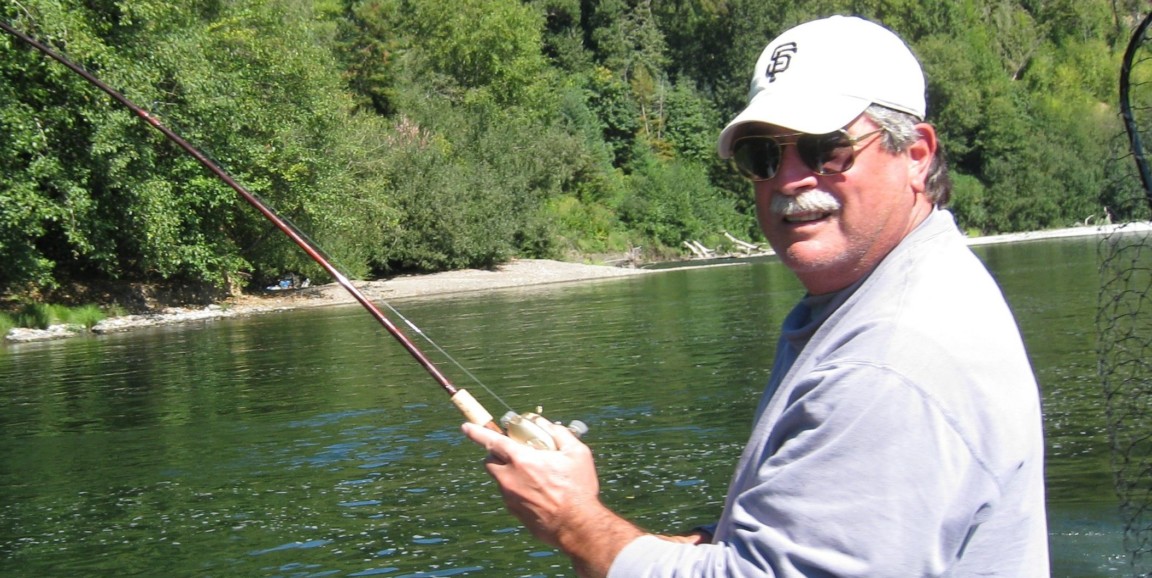For retired Santa Rosa businessman Michael Stornetta, it was one of his best days and one of his worst days. After failing multiple treatments over many years for his non-Hodgkin's lymphoma, he was going to Stanford to get the first results indicating whether an experimental therapy was working or not.
As detailed in a paper published today in the New England Journal of Medicine, the treatment involves an antibody to a protein called CD47. Stanford researcher Irving Weissman, MD, discovered years earlier that cancers use CD47 as a "don't eat me" signal that keeps immune cells from engulfing and devouring the cancer cells. The antibody to CD47 blocks that signal, unleashing the immune system to attack the cancer.
Stornetta was one of 22 patients enrolled in a multi-center, phase-1 clinical trial to test whether this therapy was safe for humans. The trial builds on previous studies of CD47 funded by the California Institute of Regenerative Medicine and the Ludwig Institute for Cancer Research. Although this phase of the clinical trial was focused on identifying possible side effects, the researchers were also able to tell if participants had a positive response to the therapy, as we described in a press release.
Last October, an anxious Stornetta drove with his wife and son from Santa Rosa to Stanford on the evening before his appointment to hear the results of a scan performed the week before.
As the night progressed, his son, a firefighter, was on the phone and getting reports that wildfires in Sonoma County were spreading fast and parts of Santa Rosa itself were in flames. Stornetta's neighbors were also calling to let them know that they saw a red glow at a nearby ridgeline. Soon, his son got the word that he had to go back. At 1 a.m., Michael Stornetta, Jr. called his parents and told them to expect the worst about their home.
The next day, Stornetta met with Stanford physician-scientist Ranjana Advani, MD, and was much relieved to hear that his cancer was significantly reduced. But when Stornetta and wife drove back to Santa Rosa later that day, they found that their cars, house and everything in it had been burned to ash.
"It felt like a miracle on one side and devastation on the other," Stornetta said. "Getting the positive result definitely helped me get through the house burning."
Stornetta has continued on the therapy and his prognosis is good.
Photo courtesy of Michael Stornetta




